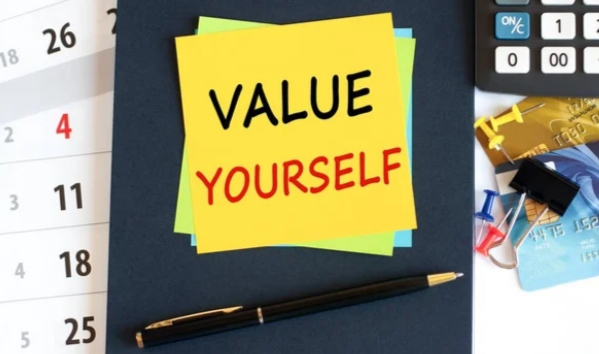
It can be a difficult realization to come to terms with, but there are times when people may take advantage of us for their own benefit. Whether it’s in a personal or professional relationship, it’s important to know the signs that someone may be taking advantage of you. Here are a few red flags to look out for:
They only contact you when they need something
One of the most common signs that someone is taking advantage of you is when they only reach out to you when they need something. Whether it’s borrowing money, asking for favors, or seeking emotional support. When someone always asks for something without giving anything in return, it may be a sign that they are using you.
They make you feel guilty for saying no
Another tactic that people may use to take advantage of others is making them feel guilty for setting boundaries or saying no. If someone guilts you into doing things you don’t want to do, it’s a clear indication that they are not respecting your boundaries and are manipulating you for their own benefit.
They dismiss your needs and feelings
People who take advantage of others often dismiss their needs and feelings, focusing solely on their own desires and priorities. If someone consistently ignores your feelings, belittles your needs, or devalues your opinions, it’s a sign that they may be using you for their own gain.
They don’t reciprocate in the relationship
Healthy relationships are built on mutual respect, trust, and reciprocity. If you find that you are constantly giving and not receiving in return, it may be a sign that the other person is taking advantage of you. Look for signs of imbalance in the relationship and consider whether the other person is making an effort to meet your needs as well.
They are inconsistent or unreliable
People who take advantage of others may be inconsistent or unreliable in their actions and commitments. They may make promises they can’t keep, cancel plans last minute, or fail to follow through on their obligations. If someone consistently lets you down or leaves you feeling disappointed, it may be a sign that they are not taking your needs and feelings into consideration.
It’s important to trust your instincts and listen to your gut feelings when it comes to identifying if someone is taking advantage of you. If you feel like you are being used or manipulated, it’s crucial to set boundaries, communicate your needs, and consider whether the relationship is worth maintaining. Remember, you deserve to be in relationships that are healthy, respectful, and mutually beneficial.

